Share
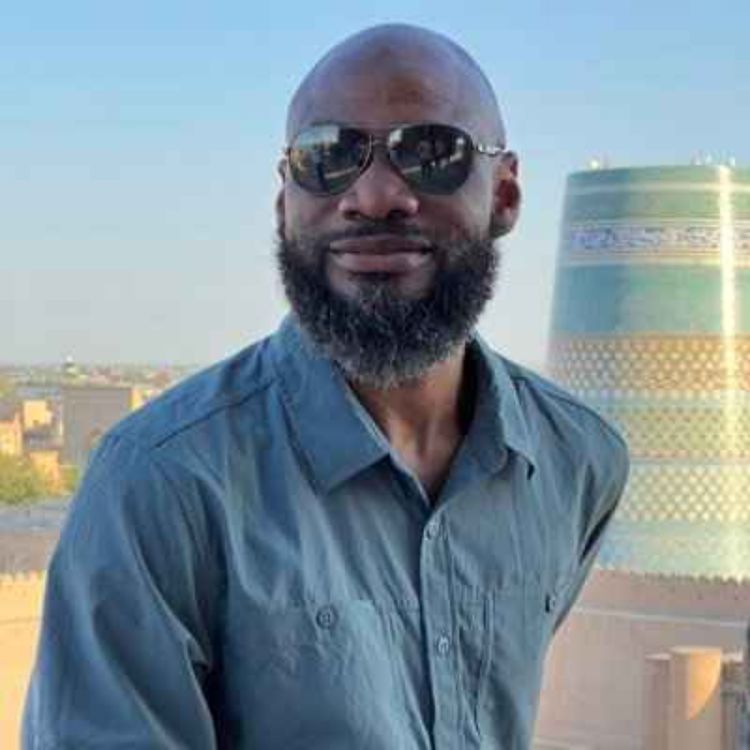
#LiveFromUkraine
Terrell Jermaine Starr Talks Race and Ukraine
Season 1, Ep. 12
•
Terrell Jermaine Starr is a nonresident senior fellow at the Atlantic Council’s Eurasia Center and the host of the Black Diplomats podcast. He is an independent journalist based in Brooklyn and Kyiv, Ukraine covering the Russo-Ukrainian War. He previously worked at The Root and Foxtrot Alpha, a blog that focuses on the military, technology, and policy.
More episodes
View all episodes
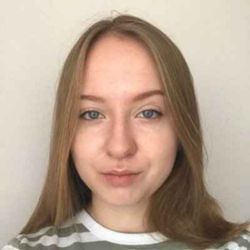
16. Svitlana Khytrenko: "Russia Delenda Est"
01:00:58||Season 1, Ep. 16Svitlana Khytrenko (@s_khytrenko) is a Ukrainian student who has lived in Germany and Poland since escaping Kyiv back in March. We talked about her experiences as a refugee, her life in Poland, and her feelings about Russia and its imperial clownishness.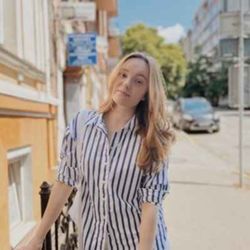
15. Oleksandra Povoroznik Talks Language Politics and Wartime Culture
58:47||Season 1, Ep. 15Oleksandra Povoroznik (@rynkrynk) is a Kyiv-based journalist, film critic and translator, who joins us to discuss the changing politics of language in Ukraine, as well as the country's defiant wartime culture and humor.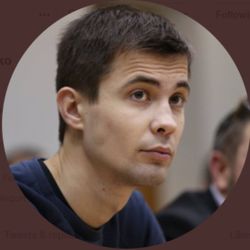
14. Vitalii Ovcharenko Talks About Fighting for Ukraine in the Field
59:32||Season 1, Ep. 14Vitalii Ovarchenko is a Ukrainian army soldier who participated in the defense of Kyiv and is now stationed in the Donbas.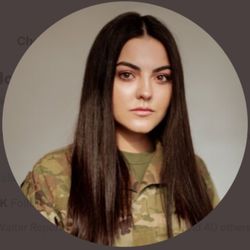
13. Alina Mykhailova: "From a Suit and Heels Back Into My Military Uniform"
57:11||Season 1, Ep. 13On February 22, she was a city councilwoman in Kyiv. Since February 24, she has been a combat medic in the Donesk region. Alina Mykhailova chats with us from the front about her life before and during the war and about the current situation on the front lines of the fighting in Donbas.
11. Katya Savchenko Survived Bucha—and Wrote About It
57:47||Season 1, Ep. 11Katya Savchencko (@shanovna_s) grew up in the Donbas region of Ukraine and moved to Bucha following the Russian invasion of that region in 2014. This year, following the full-scale invasion, she survived several days of the brutal and murderous Russian occupation of Bucha before escaping by train with her sister. She kept a diary of her days in Bucha, which she recently published on Medium in English translation.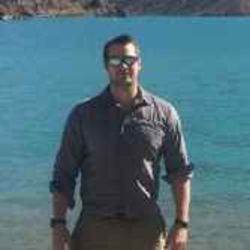
10. Rob Lee Analyzes the Performance of the Russian Military
01:01:55||Season 1, Ep. 10Rob Lee is a former Marine Corps officer and a PhD candidate at the War Studies Department at Kings College London. He is also a collector on Twitter of a huge array of videos of Russian and Ukrainian military hardware in action, a collection he uses to analyze the performance of the Russian military in the field. Our first non-Ukrainian guest, he joined #LiveFromUkraine to discuss how the Russian military has actually performed. Did we overestimate it? Are we now underestimating? What kind of fighting capacity does it have left? And who is really prevailing as the full-scale invasion nears five months in duration?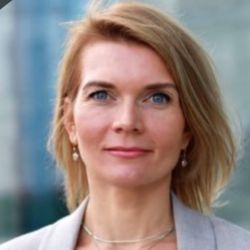
9. Maria Avdeeva on Kharkiv and Donbas
01:00:12||Season 1, Ep. 9Maria Avdeeva is research director of the European Experts Association in Ukraine Maria Avdeeva. Based in Kharkiv, she has not left the city during the full-scale invasion and joins to zoom in on the fighting in Donbas, where she just visited. Donbas is a hotspot in southeastern Ukraine that has been partly controlled by Russian groups since the Russo-Ukrainian War started in 2014. Avdeeva gives us her outlook on how far Russians will be able to advance in the region and considerations for Russian strategy.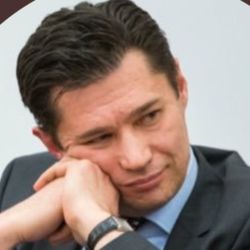
8. Olexander Scherba on the Diplomacy of the Full-Scale Invasion
55:15||Season 1, Ep. 8Olexander Scherba was a career Ukrainian diplomat whose most recent post as Ukrainian ambassador to Austria ended in 2021. He has spent a total of 28 years in service to Ukraine. He and Benjamin Wittes discuss the misalignment of different global actors in the anticipation of the war in Ukraine, his perspective on the U.S.-Ukraine relationship from the Ukrainian side, and what Scherba sees as an “organic” effort by Ukrainians to create a unified message about the nation of Ukraine during the Russian invasion.